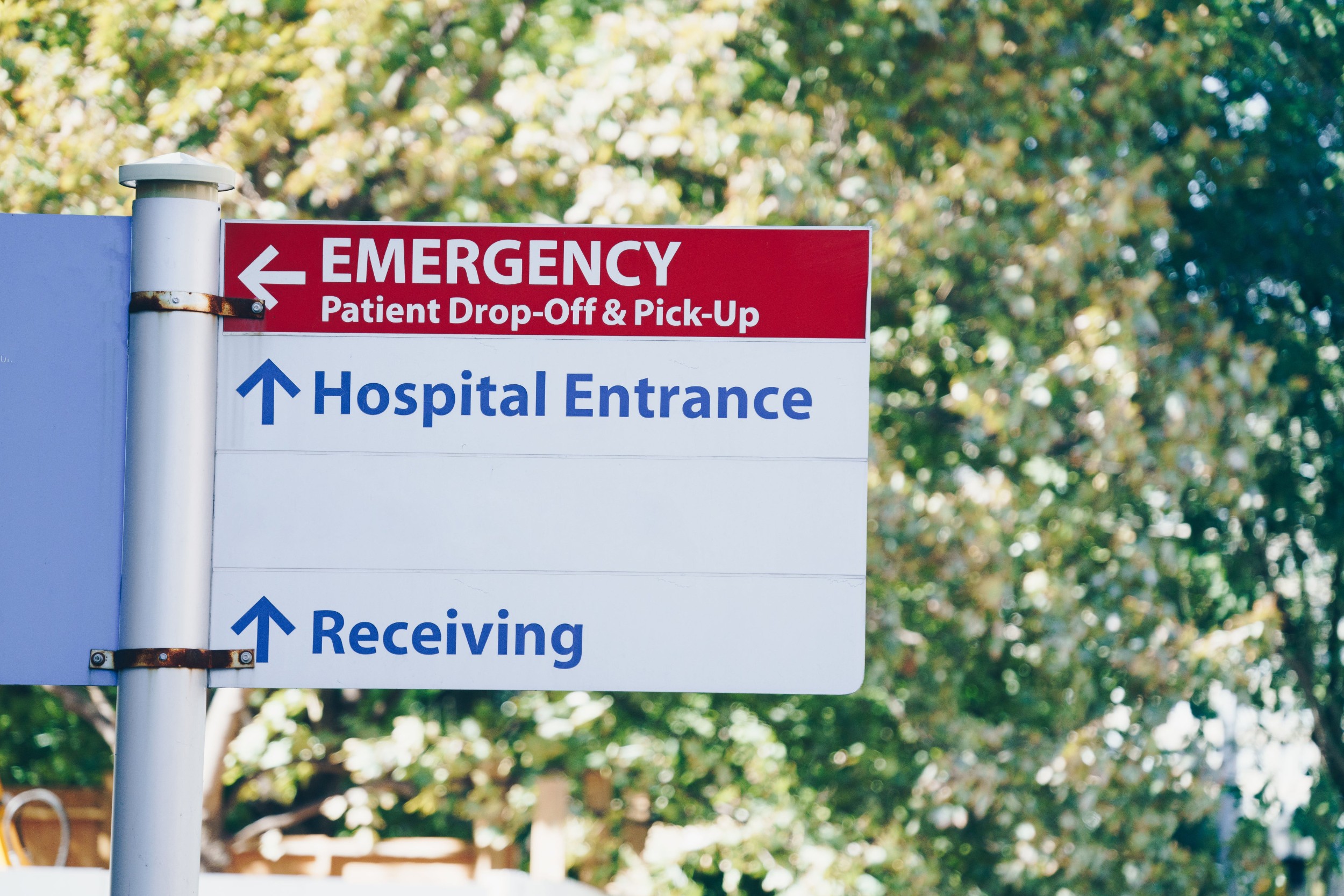
Emergency care
Menopause is the time after you have your last period. Because your final periods can be irregular, menopause is confirmed 12 months after your last period. Bleeding or spotting after this point is called postmenopausal bleeding (PMB). PMB represents one of the most common reasons for referral to gynaecological services, largely due to suspicion of an underlying endometrial malignancy. Women presenting with postmenopausal bleeding will therefore be referred to our rapid access clinics. Most of the time, postmenopausal bleeding is caused by:
These are all generally not serious problems and can be cured relatively easily. However, in about 10% of cases, post-menopausal bleeding is linked to cancer of the cervix or uterus and so it is very important to have it investigated. Therefore, the aim of our rapid access clinic is to provide the highest quality evidence based service for all women. Our specialist staff will perform preliminary diagnostics and ultrasound scanning.
Referral will be via the cancer two week urgent referral pathway. Clinics are held in our Colposcopy units at: